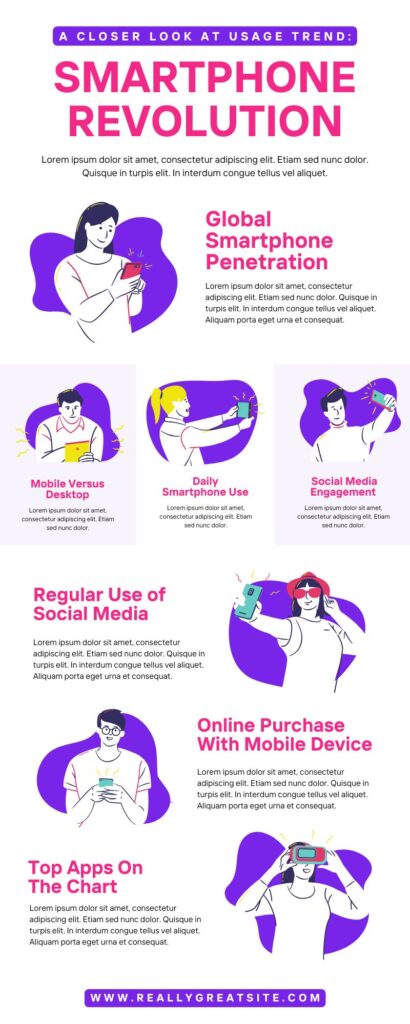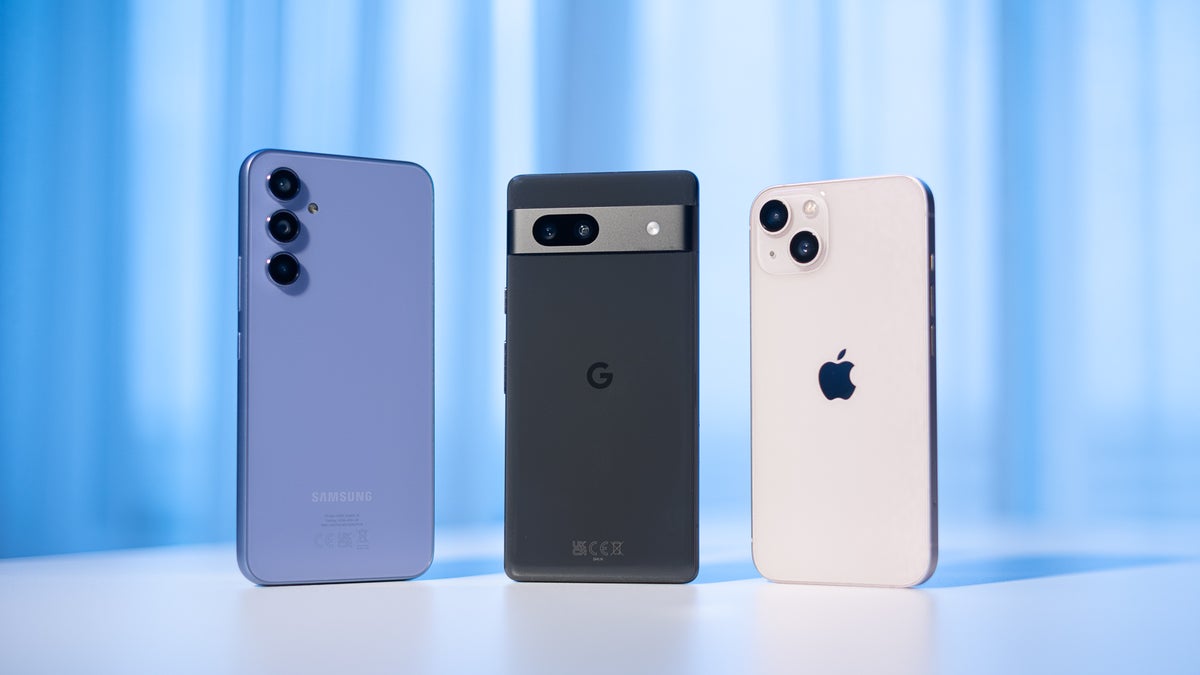Buying a refurbished phone can be an excellent way to save money while enjoying modern technology’s benefits. However, the process can seem daunting, especially for first-time buyers. Being informed is essential with so many options, terms, and conditions. This guide walks you through everything you need to know to make a smart, confident purchase.
1. What is a Refurbished Phone?
refurbished phone is a pre-owned device that has been returned, often due to minor defects or a change of mind. These phones are inspected, repaired (if necessary), and restored to full working condition before being resold. It’s important to note that refurbished phones differ from “used” or “second-hand” phones because they typically go through rigorous testing and repairs by professionals.
2. Why Buy a Refurbished Phone?
The primary reason for purchasing a refurbished phone is cost savings. You can often find models that are significantly cheaper than brand-new devices, sometimes by as much as 30% to 50%. Additionally, buying refurbished is an eco-friendly option, as it reduces e-waste and extends the lifespan of electronic devices.
Other reasons include:
- Warranty: Many refurbished phones come with warranties, which isn’t always the case with used phones bought from individuals.
- Testing and Repairs: These phones undergo professional testing and, if necessary, are repaired to meet functional and aesthetic standards.
- Variety of Options: Refurbished phones allow you to access older models that may no longer be available as new.
3. What to Consider Before Buying
When shopping for a refurbished phone, it’s important to be aware of several factors:
a. Where You’re Buying From
Choosing a reliable seller is crucial. Options include:
- Certified Retailers: These include manufacturers like Apple or Samsung, which offer certified refurbished phones. These devices often come with warranties and undergo stringent quality checks.
- Reputable Third-Party Retailers: Websites like Amazon Renewed, Gazelle or Best Buy are trusted platforms with return policies and warranties.
- Network Providers: Some cellular carriers also offer refurbished models at discounted rates.
b. The Grade of the Phone
Refurbished phones are often classified into grades based on their condition:
- Grade A: Excellent condition with minimal signs of use. May look almost new.
- Grade B: Good condition, though there may be some minor cosmetic blemishes.
- Grade C: Noticeable signs of wear and tear but fully functional.
Be sure to understand what the grading system means before making your decision.
c. Warranty and Return Policy
Always check the warranty provided with the phone. A solid warranty, preferably lasting 6 months to a year, offers peace of mind in case any issues arise. Also, ensure the seller has a return policy in place, allowing you to return or exchange the device if you are not satisfied.
d. Battery Health
Batteries degrade over time, so it’s important to know the condition of the refurbished phone’s battery. Ideally, the phone should come with a battery in good condition or, better yet, a newly replaced one. Many manufacturers, such as Apple, will replace the battery as part of the refurbishment process.
e. Unlocked vs. Locked
Make sure you know whether the phone is unlocked or tied to a specific carrier. An unlocked phone gives you the freedom to choose or switch carriers without any restrictions, which can be more convenient in the long run.
f. Software Updates
Check if the phone is capable of receiving the latest software updates. If you’re buying an older model, confirm that it supports the latest operating systems, whether it’s iOS or Android, to ensure longevity.
4. The Pros and Cons of Buying Refurbished
Pros
- Affordability: Refurbished phones are significantly cheaper than new models.
- Environmentally Friendly: Buying refurbished reduces e-waste, contributing to a more sustainable planet.
- Warranty: Many refurbished phones come with warranties, which provide a level of security.
- Thoroughly Tested: Unlike buying a used phone from an individual, refurbished phones are tested and repaired professionally.
Cons
- Battery Life: The battery may not be as strong as a brand-new phone, though this can often be mitigated by checking the device’s battery health before purchasing.
- Cosmetic Imperfections: Refurbished phones may have minor scuffs or scratches.
- Limited Stock: The availability of specific models or configurations can be unpredictable, especially for high-demand devices.
5. Steps to Buying a Refurbished Phone
Here is a step-by-step guide to help you confidently buy a refurbished phone:
- Set a Budget: Determine how much you’re willing to spend. Consider what features are most important to you, such as camera quality, battery life, and storage space.
- Research Models: Before diving into the refurbished market, choose a few models that suit your needs. If you’re unsure, compare features, performance, and reviews for phones in your price range.
- Select a Reliable Seller: Choose from certified retailers, well-known third-party vendors, or network carriers offering refurbished phones. Check customer reviews to ensure the seller has a good reputation.
- Check for Warranty and Return Policies: Make sure the phone comes with a warranty and a solid return policy in case you’re not satisfied.
- Review the Product Description: Read the product description carefully, paying attention to the phone’s grade, condition, battery health, and whether it’s unlocked.
- Compare Prices: Shop around on different platforms to find the best deals for the phone you’re interested in. Some retailers offer seasonal discounts or promotional offers.
- Inspect the Phone Upon Arrival: Once you receive the phone, inspect it carefully. Check for any unexpected issues and make sure everything is working as promised, from the camera to the buttons and battery life.
6. Red Flags to Watch For
While refurbished phones are generally safe to buy, be wary of:
- No Warranty or Return Policy: Avoid sellers who don’t offer these protections.
- Unreasonably Low Prices: If the price seems too good to be true, it probably is. Be cautious of deals that seem far below market value.
- Poorly Described Products: Make sure the seller provides a detailed description of the phone’s condition, including grading, battery health, and any potential cosmetic issues.
7. Conclusion: Is a Refurbished Phone Right for You?
Buying a refurbished phone can be a smart choice if you’re looking to save money without sacrificing quality. By taking the time to research, selecting a trustworthy seller, and paying attention to important details like warranty, grade, and battery health, you can confidently purchase a phone that meets your needs.
For those who prioritize budget, eco-friendliness, or access to older models, a refurbished phone is an excellent alternative to buying new. Just be sure to do your homework to avoid any unpleasant surprises. Happy shopping!




